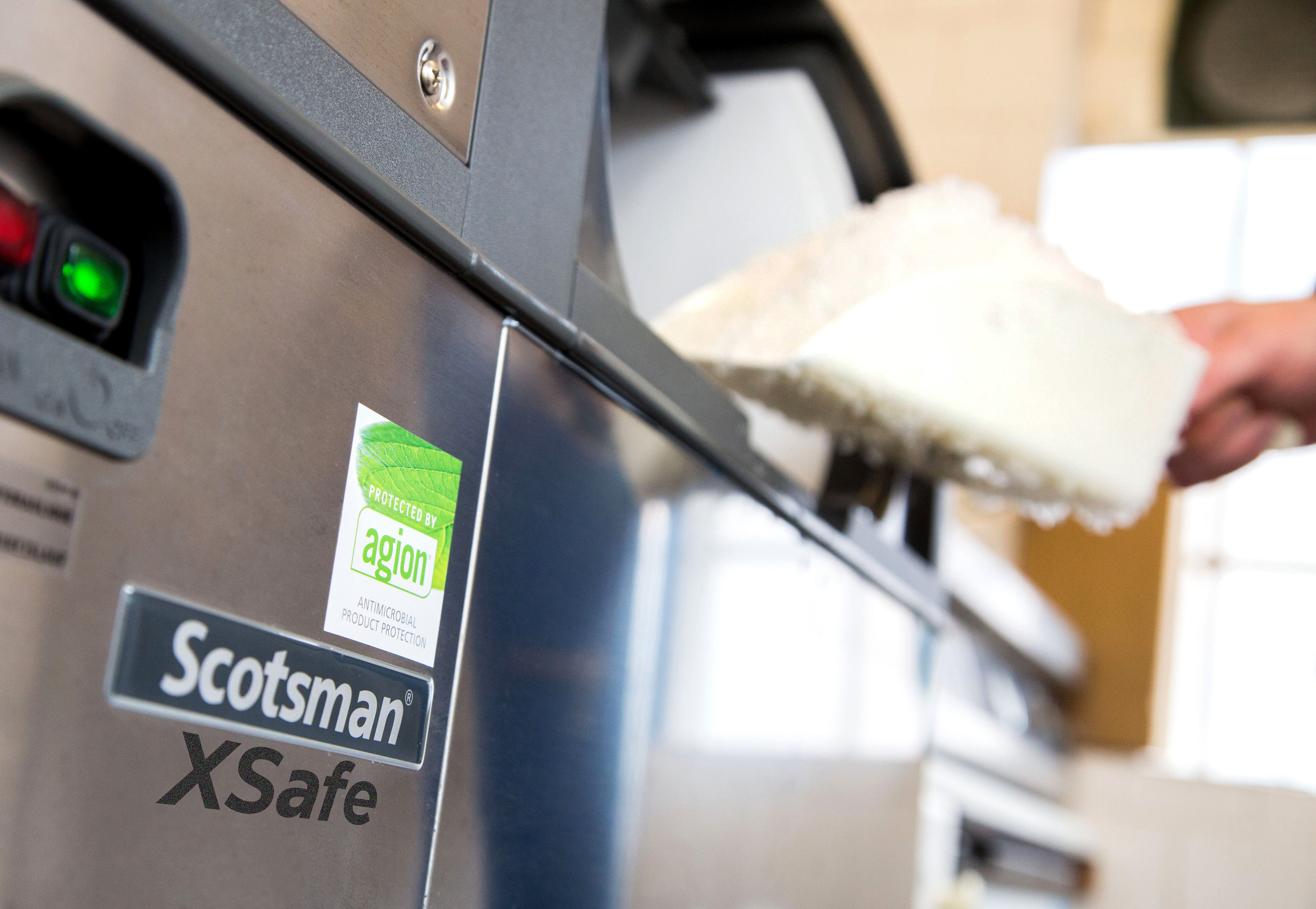Hubbard Systems summarises the way to ensure best ice hygiene
Periodically ice comes in for a bad press for hygiene reasons. At the moment, with the focus on staying safe during the Covid-19 pandemic, hygiene has shot to the top of the agenda, so expect ice hygiene to come under the spotlight again before long. Hubbard Systems urges operators to stay ahead of the game and check out their ice hygiene procedures to make sure they don’t get caught out.
The first rule of ice hygiene is to keep the machine really, really clean. Recently, Hubbard Systems has launched XSafe, a new system that sanitises the insides of icemakers, destroying 99% of bacteria and viruses, including coronaviruses. XSafe is a totally natural sanitation system which is fully integrated inside the ice machine. It operates automatically 24 hours a day 7 days a week to keep your ice making equipment clean and safe substantially reducing the formation of mould, mildew, yeast and slime within the machine.
However, no matter how clean the ice is when it leaves the machine if basic hygiene practices aren’t followed then all that clean ice is wasted and customers are put at risk.
“It’s actually really simple to serve hygienically clean ice by following a few clear guidelines,” says Pete Gray, managing director of Hubbard Systems. “We’ve produced five essential don’ts and dos for safe practice.”
Essential 1: don’t touch the ice with your hands – always use a scoop and preferably wear gloves. Even with the current more frequent handwashing advice and regulations, don’t be tempted to cut corners and touch the ice when collecting from the storage bin or serving. Don’t give customers the opportunity to touch ice, either.
Essential 2: don’t store the scoop on top of the ice machine or inside the storage bin on top of the ice. It’s recommended to store the scoop in a tub of sanitiser to ensure it is hygienically clean and ready for use. This prevents transference of bacteria from the handle of the scoop to the fresh ice.
Essential 3: don’t leave the storage bin uncovered. Close the lid. It is there for a reason. It stops airborne bacteria and viruses from getting into the ice and helps the unit to operate more efficiently.
Essential 4: do follow the manufacturer’s advice on cleaning and maintenance of the ice machine and associated storage bin, and have the machine regularly serviced.
Essential 5: do regularly train and update staff on the correct procedure for storing and serving ice. This is especially important when staff are bouncing on and off furlough as lockdown restrictions are raised and eased. While these staff specifically might get rusty with hygiene requirements, all staff can benefit from regular refresher sessions.

